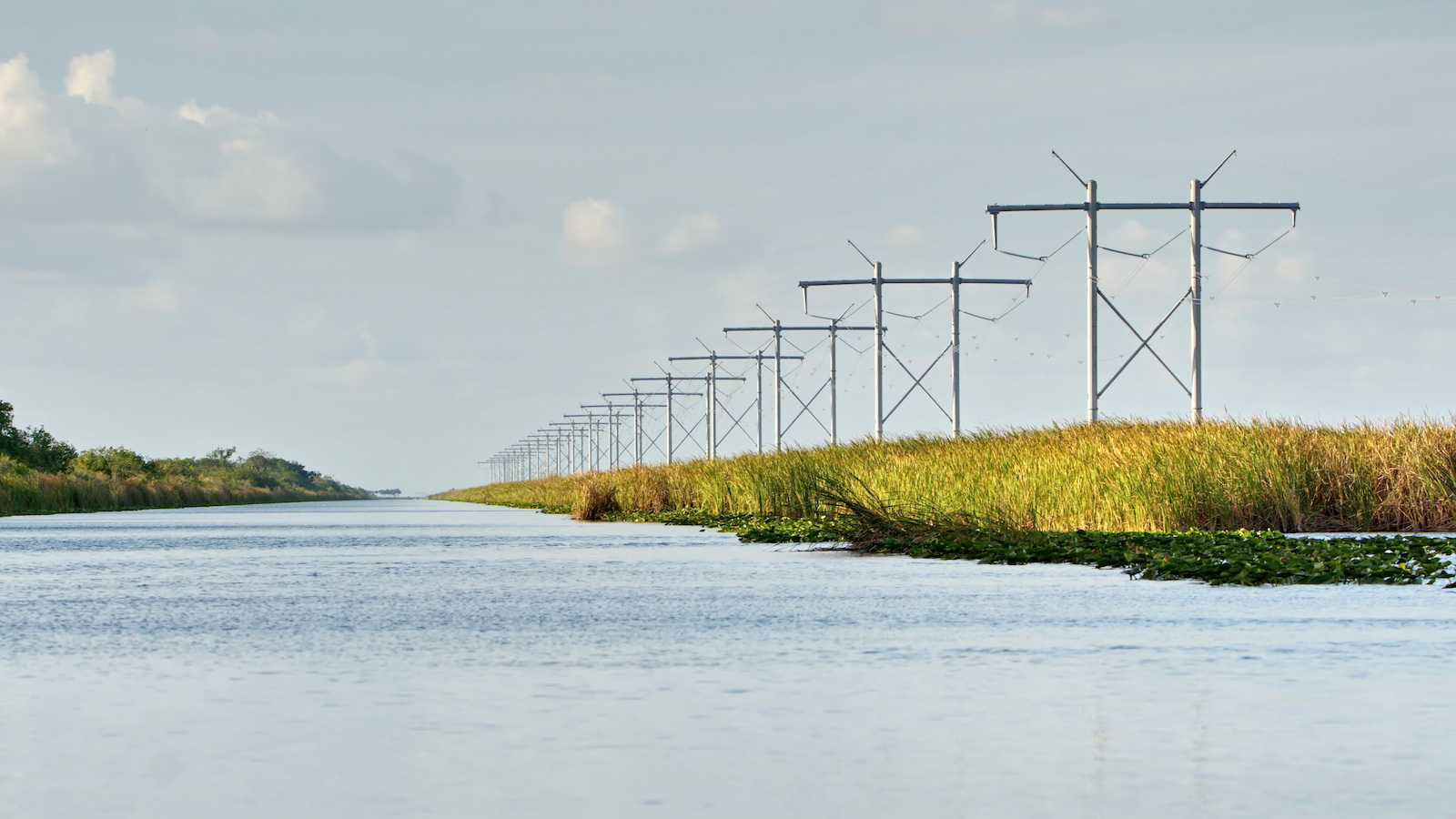The Biden administration unveiled the first draft of its “America the Beautiful” initiative on Thursday, outlining in broad strokes its plan to conserve 30 percent of the country’s land and water by 2030. But the document included few details about how the administration will achieve the so-called “30×30” goal while also juggling its other key environmental priority: a massive expansion of solar and wind power.
The 22-page report from the Commerce, Interior, and Agriculture Departments is one of Interior Secretary Deb Haaland’s first major actions since her appointment in March. The 10-year strategy is centered on the idea that land conservation and restoration should be locally led, help create jobs, address inequalities in access to nature, and help tackle the climate crisis. It set eight principles for steering the implementation of the 30×30 goal, including supporting tribal nations’ priorities, using science as a guide, and encouraging voluntary stewardship on private property.
Biden’s ambitious conservation goals, first announced just days after his inauguration in January, have generated backlash from conservative groups who have characterized it as a “land grab” of private property. This is despite assurances from Secretary of Agriculture Tom Vilsack that the federal government has no intention of taking anyone’s land or taking advantage of its eminent domain powers.
But to succeed, the Biden administration will have to figure out how to balance protecting more natural spaces with its aim of building out clean energy infrastructure. Last month, the president set goals to halve the country’s emissions compared with 2005 levels by 2030, which will require a significant shift to renewable energy. By 2050, wind and solar projects are estimated to sit on roughly 230,000 square miles of the country, according to Princeton University’s recent Net Zero America study. That’s a swath of land larger than Arizona and Colorado combined.
There are ways to balance conservation with renewable energy expansion, said Steven Grodsky, who works for the U.S. Geological Survey’s New York Cooperative Fish and Wildlife Research Unit and is an assistant professor of renewable energy ecology at Cornell University. Solar panels, for instance, could be put on currently underutilized spaces such as landfills or on top of buildings. These areas don’t provide enough space to satisfy all of the renewable energy infrastructure necessary for reaching the Biden administration’s clean energy goals, Grodsky said, but they can play an important role. There are also opportunities to build infrastructure that benefits conservation and renewable energy goals at the same time — for example, a solar farm that doubles as a space to establish pollinator habitat.
Grodsky said that more research is needed to understand how renewable projects can be sited and built in a conservation-minded way. When fossil fuel infrastructure was developed on a large scale, he said, the concept of protecting the environment was unheard of. But with the expansion of renewable energy, the country has a new chance to get it right.
“Without being smart about it and using research to guide sustainable development decisions, you’re going to be worse off,” Grodsky said. “Whereas if you go in with a strategy that’s informed by the most up-to-date science and implement those strategies, then you’re less likely to have unintended consequences.”



